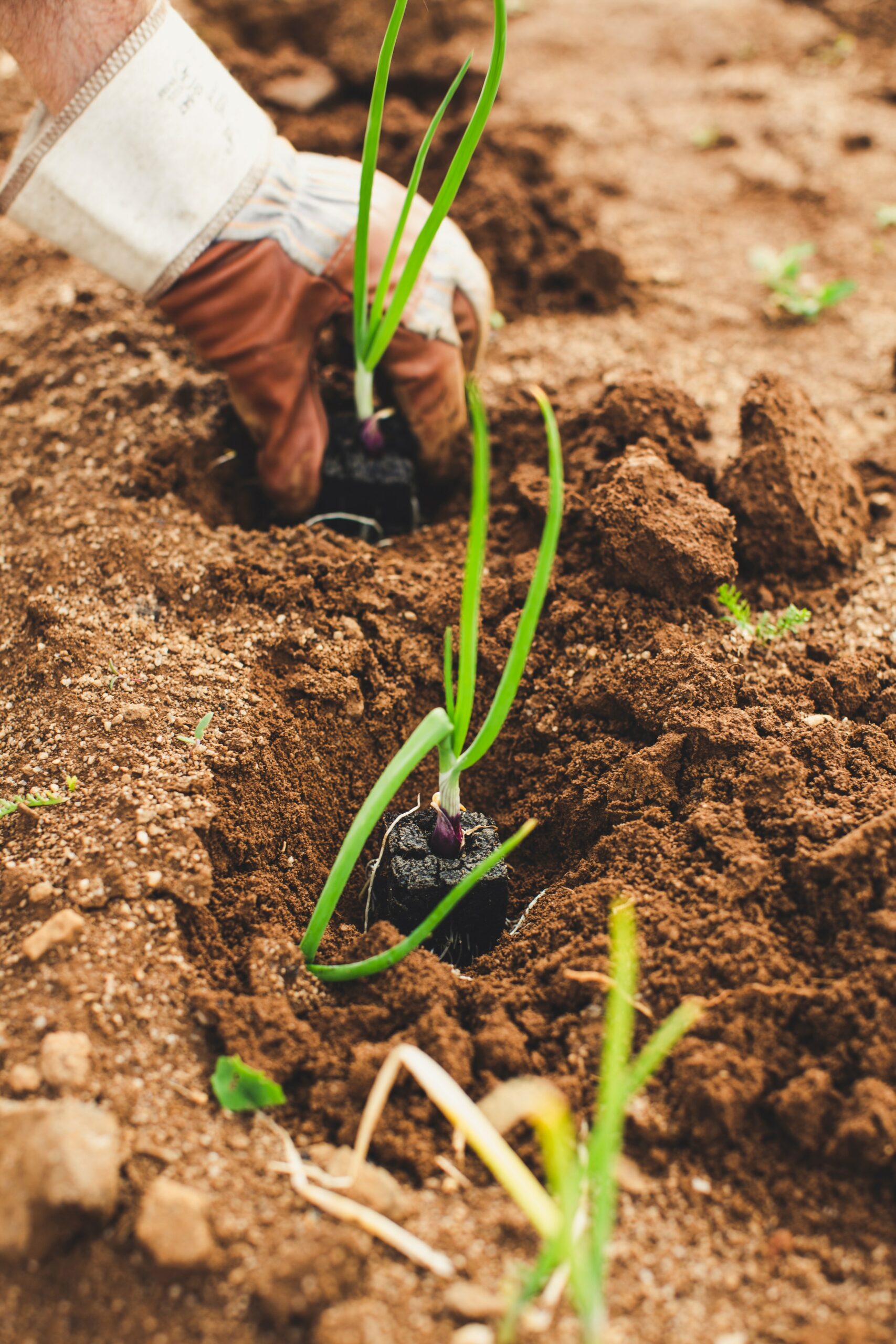
Regenerative agriculture training
At ZERYA Academy we offer online training courses for agricultural technicians and agronomists who want to learn the keys to this innovative and sustainable practice. Our training is 100% subsidized for companies in the agri-food sector and is backed by more than 14 years of experience and hundreds of satisfied students.
With our courses you will have access to real case studies, applicable models and proven scientific methodology. Don’t miss this opportunity and sign up now to ZERYA Academy, the best training platform in Regenerative Agriculture.
Personal and scientific
In coordination with the needs of the main companies in the sector and with the scientific research results of universities and research centers.
Online
It consists of 9 didactic units, a tutor responds to forum questions and a certificate of completion is awarded upon successful completion of the 9 weeks.
Subsidized
As part of a tripartite foundation, our training courses are fully subsidized for companies.
Regenerative agriculture focuses on soil health and biodiversity. Some of the crops recommended for regenerative agriculture are fruit and citrus trees. Additionally, crop rotation is a common practice in regenerative agriculture and can help improve soil health.
Organic farming and regenerative farming share some principles and practices, but regenerative farming focuses on creating sustainable and regenerative agricultural systems that promote biodiversity and restoring healthy ecosystems, while organic farming focuses on the production of foods without the use of synthetic chemicals. Although organic farming refers to a broader term, which includes different types of agriculture that, such as regenerative agriculture, minimize the impact of agricultural activity on the land.



